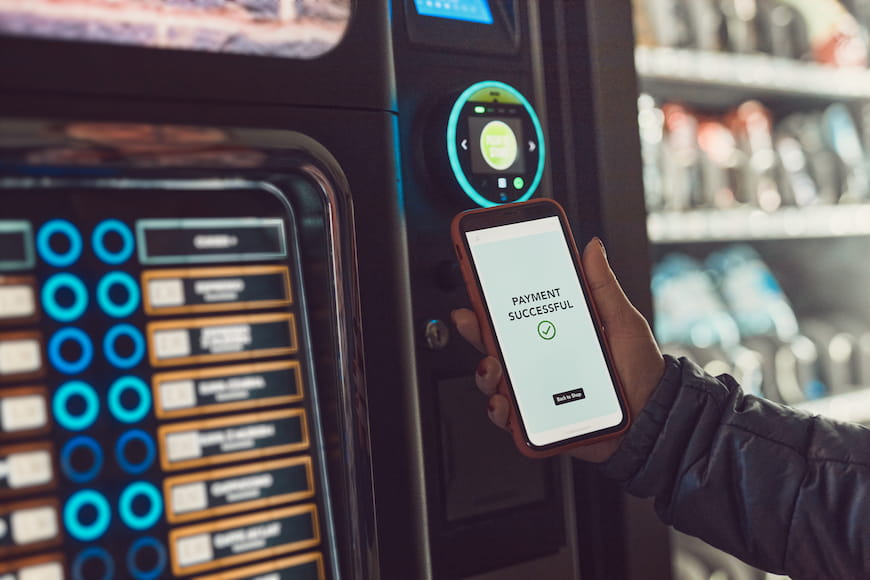In February, before lockdown, BibliU had the chance to interview John Woods, Provost and Chief Academic officer at the University of Phoenix, which recently partnered with BibliU on the largest free eTextbook program in the United States. Dave asked him about the large-scale online program at Phoenix and how they do things differently to benefit their diverse student population.
They discussed a wide range of issues, centered on the new demands of the student in a digital world, especially important given Phoenix’s prominent place as a pioneer of the now widely accepted technologies that allow students to learn wherever they are, online and digitally.
Take a look at the clips below!
For us, it is fundamental to keep the student first and foremost in everything that we do.
There are many challenges when providing online education at-scale to thousands of students. In this chat with John Woods, he explains that it used to be a challenge to prove the online model, and now it is a challenge to learn from the other online models around us. John expresses that we must embrace the online education environment so that we can provide the best experience possible for all of our students.
UoPx prides itself on putting the students first and foremost in everything that they do. From decisions in schedule to changes in costs, UoPx ensures that the changes are serving the students well. John Woods explains that it is easy to lose sight of the end goal, so keep it simple--at scale does not mean it has to be overly complex.
Student expectations have changed rapidly over the past couple of decades, says John Woods, and talks about the truly online nature of most social interactions in the modern world, which students are increasingly expecting in their education.
As the edtech landscape has shifted over the past two decades, John talks about the importance of working with partners so that institutions “can do what we are best at and leverage what other people are much better at doing than us.”
“We thought that an all-inclusive approach made more sense because the fee for tuition is large enough as it is.” But the importance of providing learning materials doesn’t end there: giving students their course materials upfront makes for more efficient learning.
Over the past 25 years, US public state universities have increased price by 1000%. However, two years ago, UoPx reduced the price of tuition, and has committed to students that the price will not increase from the time they enroll to the time they graduate.
In addition to this, UoPx is hoping to further reduce the cost of tuition. To do this, they are introducing new partnerships and technology to reduce overall operating costs, which will allow students to receive an education at a reasonable price.
It was very important to Phoenix to pilot BibliU alongside a competing platform before choosing BibliU as a partner, and implementing our platform institution-wide. In this clip, John Woods talks about the necessity of these sorts of pilots for improving the student experience.

Drawing on insights from Erik Russell of Occidental College on Campus Convos, this blog explores how innovations in auxiliary services reveal a bigger lesson for higher ed: let technology deliver on-demand convenience, while people provide the human touch that makes the student experience truly personal.
.jpg)
Rural community colleges are lifelines opportunity face unique challenges, like broadband gaps and transportation barriers. Based on the Campus Convos episode with Dr. Bryan Newton of Glen Oaks Community College, we're showing how rural colleges are turning obstacles into innovation.